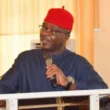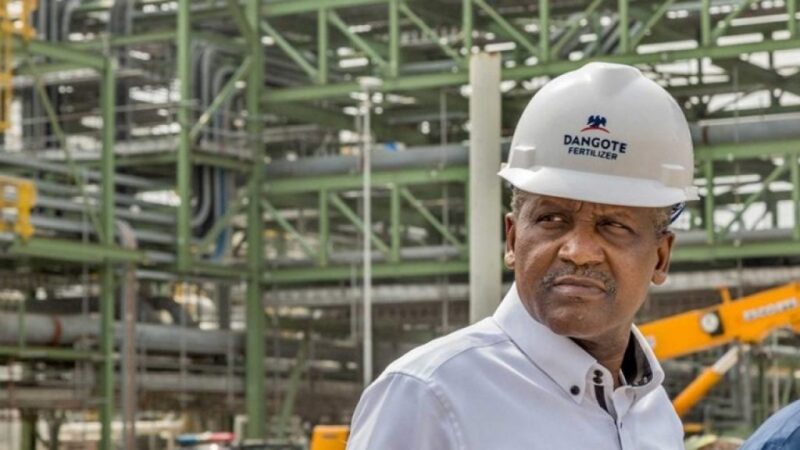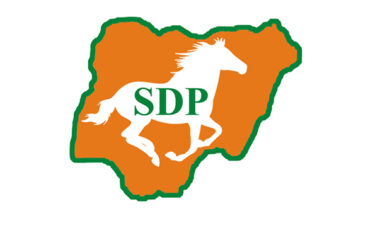The Dangote Petroleum Refinery has struck a significant deal with the Independent Petroleum Marketers Association of Nigeria (IPMAN) to supply 60 million litres of petrol weekly, amounting to 240 million litres every month. This partnership represents a major step toward enhancing the availability of Premium Motor Spirit (PMS) across Nigeria and reducing the involvement of intermediaries in fuel distribution.
According to Chinedu Ukadike, IPMAN’s National Publicity Secretary, the arrangement allows independent marketers to directly source petrol from the Dangote refinery. This initiative is expected to strengthen the country’s fuel distribution network and stabilize fuel prices by eliminating the need for middlemen. “We are going to off-take the product in millions of litres,” Ukadike stated, emphasizing that IPMAN plays a vital role in distributing the majority of imported fuel in Nigeria.
The agreement, finalized after discussions between IPMAN and Dangote officials, aims to ensure that independent marketers have steady access to sufficient fuel volumes. Dangote Refinery, located in Lekki, Lagos, has committed to providing 60 million litres weekly, with IPMAN members capable of taking and distributing even larger quantities depending on demand.
Ukadike expressed confidence that the direct supply from Dangote would commence before the end of November, pending the completion of final documentation.
The collaboration between Dangote and IPMAN is already creating ripples in the market, with petrol prices starting to decline in some areas. Ukadike noted that the mere announcement of the partnership had contributed to price reductions of N10–N15 per litre in certain locations. He attributed this drop to increased competition in the deregulated downstream oil sector.
“Independent marketers are no longer buying from middlemen. We are going to be buying directly from the producer. So, the competition is setting in,” he said. Ukadike also predicted that petrol prices would further stabilize and potentially decrease before the year ends as IPMAN begins lifting directly from the Dangote refinery.
A major oil marketer, speaking anonymously, confirmed the trend. “Deregulation is in full swing, and competition is the order of the day,” the marketer told PUNCH. They added that while prices might fluctuate, the market is gradually moving toward more consumer-friendly pricing.
Despite Dangote Refinery’s progress, Nigeria continues to rely heavily on fuel imports. Recent data shows that within 42 days, the Nigerian National Petroleum Company Limited (NNPCL) and other marketers imported over two billion litres of petrol. The reliance on imports persists despite the federal government’s efforts to support local refineries, including a crude supply agreement with Dangote.
From November 1 to 11 alone, Nigerian ports received 358,083 metric tonnes of PMS and significant volumes of diesel and aviation fuel. This import dependency underscores the need for increased domestic production to reduce Nigeria’s reliance on foreign suppliers.
The $20 billion Dangote Refinery, described as a “game changer” for Nigeria’s oil sector, faces its own set of challenges. The facility is aiming to raise billions of dollars to secure a steady supply of crude oil, a critical factor for achieving its target production capacity of 650,000 barrels per day. Reports indicate that it costs approximately $2 billion every 90 days to maintain crude imports for the refinery.
Stakeholders remain concerned about the financial and logistical hurdles involved. Currency devaluation and Nigeria’s economic volatility have raised questions about the long-term profitability of the refinery. However, the partnership with IPMAN is a step toward ensuring the plant’s success.
Meanwhile, IPMAN has appealed to the Nigerian Midstream and Downstream Petroleum Regulatory Authority (NMDPRA) for the release of a long-overdue N10 billion Petroleum Equalization Fund. This fund, which compensated marketers for the cost of selling fuel at uniform prices nationwide before deregulation, remains unpaid.
“Our N10bn PEF outstanding is still with the government. They promised to pay us, but they have not,” stated Hammed Fashola, IPMAN’s National Vice President. He explained that many marketers are under pressure from banks over unpaid loans and need the fund to ease financial burdens.
The NMDPRA has yet to comment on the issue, leaving marketers hopeful for a resolution.










